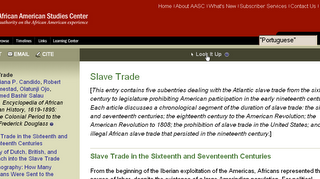Encyclopedia of Language and Linguistics
A great encyclopedia! Tell me if you like it!
Encyclopedia of Language and Linguistics
Look what we have access to online!My gosh, this is an amazing encyclopedia and one that should be useful to almost everyone in all of your departments. The topics of the articles are amazing and fascinating. Just browsing through it is a thrill. You can search it from the top of the page as well.
Science Direct's publicity states that
the online version will include updates as subjects develop ELL2 includes: * c. 7,500,000 words * c. 11,000 pages * c. 3,000 articles * c. 1,500 figures: 130 halftones and 150 colour * Supplementary audio, video and text files online * c. 3,500 glossary definitions * c. 39,000 references * Extensive list of commonly used abbreviations * List of languages of the world (including information on no. of speakers, language family, etc.) * Approximately 700 biographical entries (now includes contemporary linguists) * 200 language maps in print and online. Also available online via ScienceDirect – featuring extensive browsing, searching, and internal cross-referencing between articles in the work, plus dynamic linking to journal articles and abstract databases, making navigation flexible and easy.
It's hard to even list the topics -- there are articles on everything. And references to articles and books.
For example, say you are interested in how Latinos/as perceive their medical treatment in the US. You might want to know how they see their interaction with their physicians and other health care professionals.
Doctors and Patients in Multilingual Settings, Pages 741-748, C. Roberts
Full Text + Links
Cross references to other articles in the Encyclopedia are
- Conversation Analysis
- Conversational Analytic Approaches to Culture
- Medical Discourse: Illness Narratives
- Medical Discourse: Non-Western Cultures
On the other hand, there are great numbers of articles on technical areas of linguistics. This is really a encyclopedia to return to again and again.



